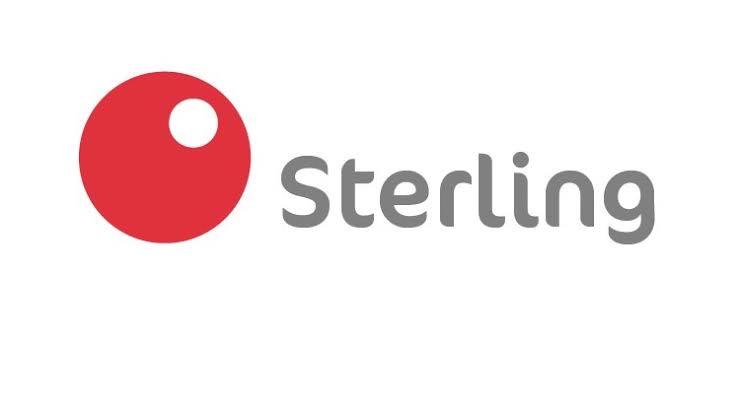Sterling Bank, a pioneer in Nigeria’s banking sector, declares its headquarters, Sterling Towers, as the inaugural corporate hub in Africa to operate entirely on solar power. This accomplishment marks a year marked by remarkable advancements in sustainability, propelling Sterling Bank to the forefront of the continent’s green revolution.
Located on historic Lagos Marina, Sterling Towers has transitioned to a sophisticated solar energy system, distinguishing itself as a landmark of innovation and environmental consciousness. This initiative is a tangible representation of Sterling Bank’s commitment to reducing its ecological footprint and setting new standards for the use of renewable energy within Africa’s banking industry and beyond.
“At Sterling Bank, our investment in solar technology reflects our broader commitment to responsible corporate citizenship,” stated Ibidapo Martins, the group chief marketing officer for Sterling. “Our solar-powered headquarters is a natural extension of our vision to be an exemplar of sustainable development and to inspire other institutions to embark on similar paths toward renewable energy adoption.”
The project, which stands as the largest photovoltaic integration in Africa, involved the installation of 3,250 crystalline silicon photovoltaic glass panels covering around 6,500 sq m of the towering 17-story structure. These panels are not only a testament to sustainable architectural design but are also expected to generate 10,500 MWh of electricity over the next 25 years, providing a 995 kWp power supply to meet the building’s operational needs.
Martins noted, “These efforts contribute to a wide array of global goals, which include mitigating climate change impacts, fostering sustainable community development, and stimulating economic growth. The transition to solar power is projected to significantly decrease the bank’s energy costs, allowing for increased investment in customer-centric innovations and an enhanced suite of services.”
By adopting solar power, Sterling Bank joins a unique cadre of international corporations that have adopted renewable energy solutions, including global frontrunners like Apple, IKEA, and Google. These entities have not only demonstrated environmental responsibility but have also proven the financial viability of their green initiatives.
With the solar-powered Sterling Towers, Sterling Bank has significantly altered the landscape for African businesses in the global sustainability sphere. This pioneering move is expected to catalyze other African companies, illustrating that ecological sustainability and economic growth are mutually achievable. The success of this initiative is a powerful endorsement of the potential within African businesses to lead in the transition to green energy, contributing to a more sustainable future worldwide.
Furthermore, Sterling Bank’s accomplishment underscores its commitment to the HEART strategy, emphasizing the health, education, agriculture, renewable energy, and transportation sectors. This dedication is reinforced by recent honors such as being named the Most Innovative Bank of the Year and securing a position on the Financial Times’ list of the top 100 fastest-growing companies in Africa for 2023. The conversion of Sterling Towers into a paradigm of renewable energy efficiency establishes a groundbreaking standard for large-scale renewable installations in Nigeria, signaling the onset of a new era in the nation’s energy and corporate sectors.

